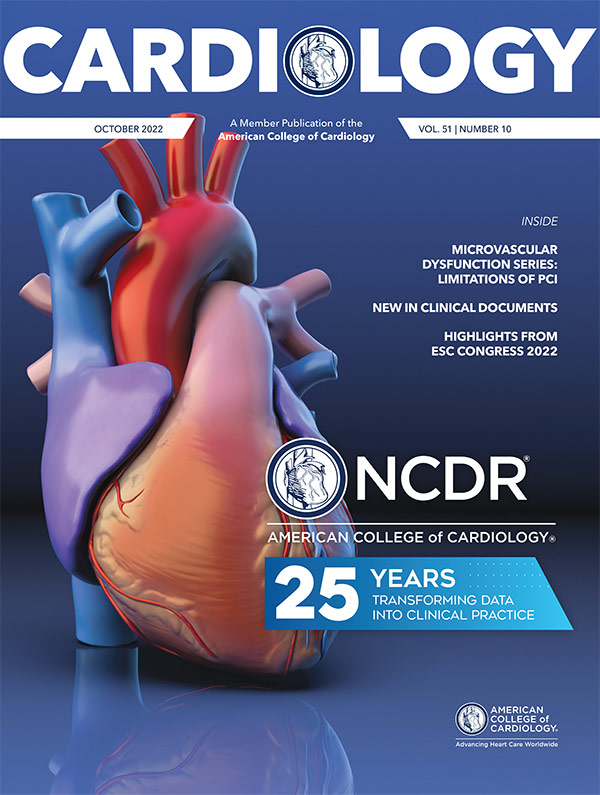JACC in a Flash
Featured topics and Editors' Picks from all of ACC's JACC Journals.
ESC Congress Science Published Across JACC Journals
Coinciding with research presented during ESC Congress 2022, some 26 manuscripts, including five late-breaking clinical trials, were published in JACC, JACC: Advances, JACC: Asia, JACC: Cardiovascular Imaging, JACC: Cardiovascular Interventions, JACC: Clinical Electrophysiology, and JACC: Heart Failure.
Read some of the highlights below.
Watch Expert Discussion on the Hottest Trials From ESC Congress 2022
Join JACC Editor-in-Chief Valentin Fuster, MD, PhD, MACC, and expert panelists Michael A. Borger, MD, PhD, FACC; Bonnie Ky, MD, MSCE, FACC; Jonathan P. Piccini, MD, MHS, FACC; and Stephan Windecker, MD, for an informative roundtable discussion of the most impactful Late-Breaking Clinical Trials from ESC Congress 2022. In the latest installment of ACC Cardiology Hour, the panelist share their "Best of" trial selection and discuss key takeaways and practice implications of PANTHER, INVICTUS, REVIVED, Meta-analysis of DELIVER and EMPEROR-Preserve, DELIVER, SECURE and DANCAVAS. Watch the full video on the right and jump to individual trial discussions at JACC.org/CardiologyHour.

A study by Fernando de Frutos, MD, et al., looked to determine the phenotype and prognosis of MYH7-related dilated cardiomyopathy (DCM) and evaluated the influence of variant location on phenotypic expression. Overall findings found MYH7-related DCM "is characterized by early age of onset, high phenotypic expression, low LVRR, and frequent progression to [end-stage heart failure]. Heart failure complications predominate over ventricular arrhythmias, which are rare," they said.
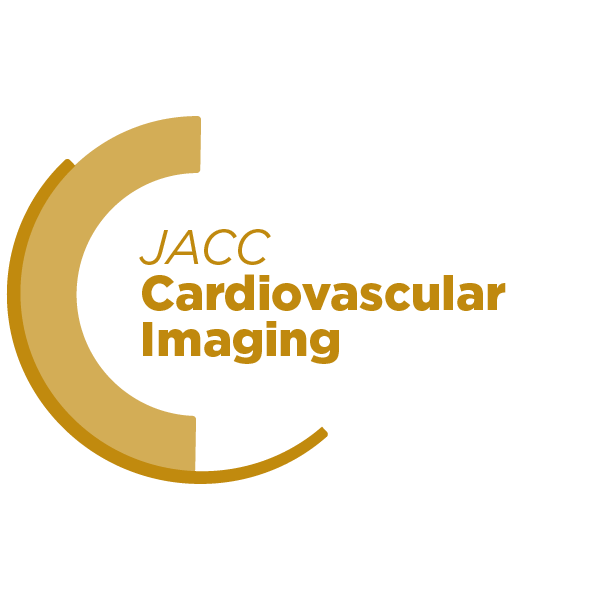
Challenges remain regarding the differential diagnosis between arrhythmogenic right ventricular cardiomyopathy (ARVC) and other potential diseases that resemble ARVC despite having a different pathophysiological and clinical substrate, according to Simone Frea, MD, et al. In their study evaluating the ratio of RV free wall peak systolic velocity (S') to RV outflow tract (RVOT) S', they found Doppler velocity ratio (DVR) to be a novel echocardiographic parameter for accurately diagnosing ARVC, relying on the reproducibility and ease of use of tissue Doppler imaging.
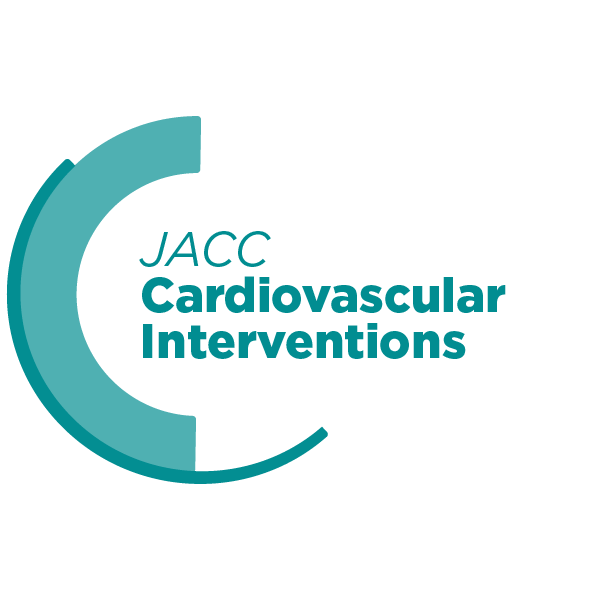
A study by Carolina Donà, MD, et al., "for the first time describes the prevalence and associated clinical outcomes of concomitant cardiac amyloidosis in patients with severe mitral regurgitation (MR) undergoing transcatheter edge-to-edge repair (TEER). Based on the findings, the authors suggest future studies should evaluate the prognostic benefits of TEER and cardiac amyloidosis-specific treatment in MR-cardiac amyloidosis. In a related editorial comment, Islam Y. Elgendy, MD, and Ayman Elbadawi, MD, write that the findings "should encourage clinicians to actively screen for cardiac amyloidosis using bone scintigraphy among patients with severe MR and other characteristic features."
Supraventricular Arrhythmia Following PFO ClosureNew research from Paul Guedeney, MD, et al., prospectively looked to determine "the incidence, timing, and determinants of supraventricular arrhythmia after patent foramen ovale (PFO) closure based on what loop recorder monitoring found." Results found that supraventricular arrhythmia was diagnosed in one of five patients using ≥28-days loop recorder monitoring, with a median delay of 14 days. The findings suggest that "this post-procedural event has been, so far, underestimated," write the authors. In a related editorial comment, Suzanne J. Baron, MD, MSc, notes "The time is now to engage in research endeavors to answer … questions regarding the management of the post-PFO closure patient with atrial arrhythmias, once thought to be uncommon, but which clearly are not so rare after all."
TEER For Atrial Secondary MRA study by Tetsu Tanaka, MD, et al., investigated the effectiveness of TEER for patients with atrial secondary mitral regurgitation (ASMR). Overall results found TEER to be "a safe and feasible therapeutic option for patients with ASMR," and Tanaka and colleagues suggest that "assessments of left atrial volume index and leaflet-to-annulus index may assist with patient selection for TEER" within this patient population. They also note that the "use of a newer generation of the MitraClip systems (NTR/XTR or G4 systems) was associated with a higher incidence of MR reduction."
Gender Differences in 10-Year Outcomes Following STEMIIn a subanalysis from the EXAMINATION-EXTEND trial, Rami Gabani, MD, et al., assessed whether very long-term outcomes following STEMI treatment are influenced by gender. "At very long-term follow-up there were no differences in the combined patient-oriented endpoint between women and men, with a trend towards a higher all-cause death in women not driven by cardiac death," the authors write. "Our findings underline the need for focused personalized medicine in women after percutaneous revascularization aimed at both cardiovascular as well as gender-specific risk factor control and targeted treatment." In a related editorial comment, Stefano Savonitto, MD, and Nuccia Morici, MD, PhD, write that the "hopeful conclusions remain, so far, unsubstantiated" and they note data are still missing in terms of gender-specific care after primary angioplasty.
Acute Kidney Injury Following TEERA study by Tetsu Tanaka, MD, et al., looked at the prognostic impact of postprocedural acute kidney injury (AKI) following TEER for tricuspid regurgitation (TR). Results found that postprocedural AKI occurred in 15.7% of patients undergoing TEER for TR, despite the absence of iodinated contrast agents, which was associated with worse clinical outcomes. "Our findings highlight the clinical impact of AKI following TEER for TR and should help with identifying patients at high risk of AKI," the authors note. In a related editorial comment, Bernard Chevalier, MD, and Antoinette Neylon, MD, write that a "thorough early follow-up of renal function after TEER is useful to detect AKI." They also suggest that "postprocedural AKI may be regarded as a polyfactorial marker of poor prognosis that integrates with the appropriateness of edge-to edge repair indication, efficacy of the procedure to reduce the regurgitation and periprocedural hemodynamic conditions.
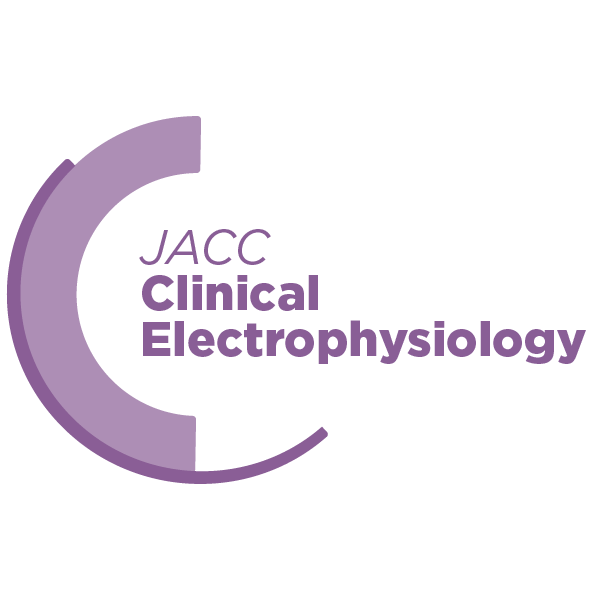
Cardioneuroablation (CNA) has emerged as a new therapeutic option for treating cardioinhibitory vasovagal syncope (VVS). New research from Roman Piotrowski, MD, PhD, et al., for the first time assessed the effects of CNA on syncope recurrences in patients with VVS. Researchers found quality of life significantly improved in the CNA group while remaining stable in controls. They suggest larger studies are needed to confirm these findings.

Early mammalian target of rapamycin (mTOR) with everolimus did not reduce myocardial infarct size or microvascular obstruction (MVO) at 30 days in STEMI patients undergoing primary PCI, according to findings from the CLEVER-ACS study presented at ESC Congress 2022 and simultaneously published in JACC.
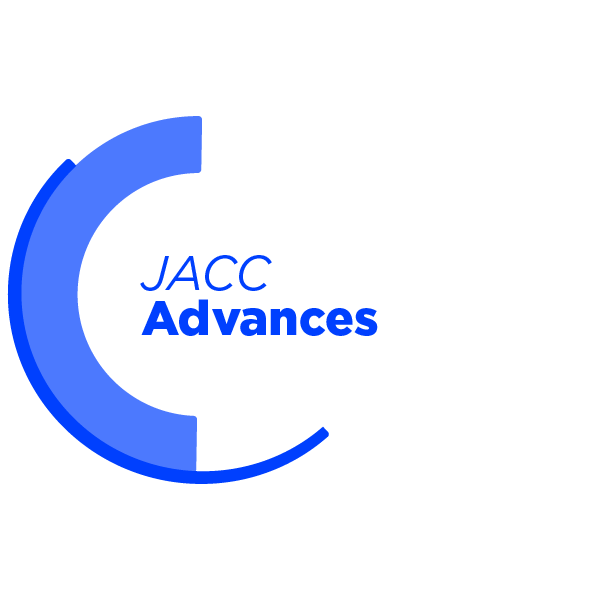
A new study presented at ESC Congress 2022 and simultaneously published in JACC: Advances adds to the limited data on rates, causes and outcomes in out-of-hospital cardiac arrest (OHCA) in pregnancy.
Clinical Topics: Heart Failure and Cardiomyopathies, Invasive Cardiovascular Angiography and Intervention, Noninvasive Imaging, Acute Heart Failure, Interventions and Imaging, Angiography, Nuclear Imaging
Keywords: ACC Publications, Cardiology Magazine, ESC Congress, ESC22, ACC International, Diagnostic Imaging, Cardiac Imaging Techniques, Heart Failure, Angiography, Obstetrics
< Back to Listings


